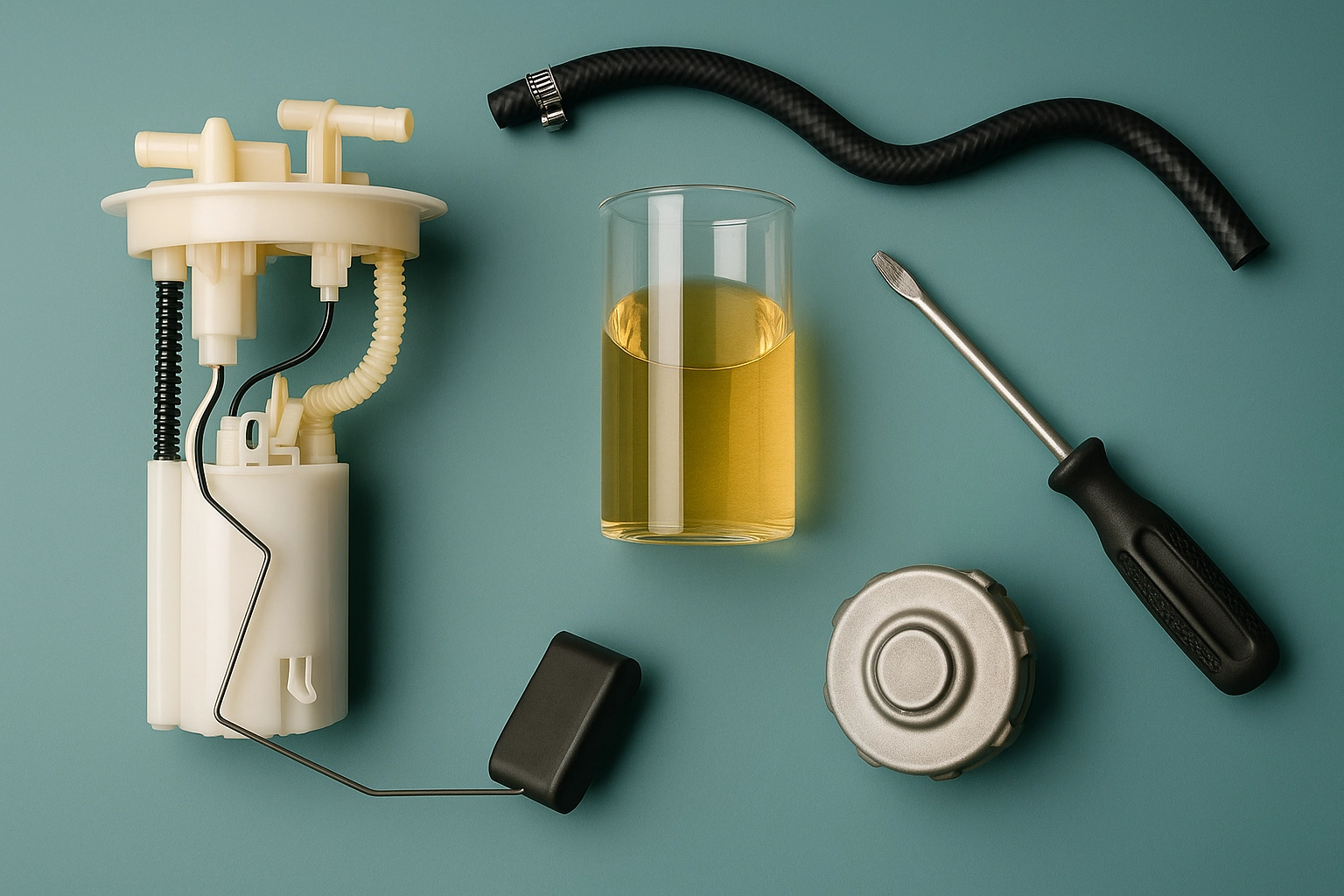SAE J2579 Hydrogen Vehicle Fuel System Safety and Emission Test
The SAE J2579 test is a critical procedure for ensuring that hydrogen-powered vehicles meet the stringent safety and emission standards set by regulatory bodies. This service plays an essential role in certifying fuel systems of hydrogen vehicles, which are poised to become a significant component of future sustainable transportation solutions.
Hydrogen fuel cell electric vehicles (FCEVs) have gained attention due to their potential for reducing greenhouse gas emissions and decreasing reliance on fossil fuels. However, the safe operation of these vehicles is paramount. The SAE J2579 test focuses on evaluating the integrity and performance of hydrogen fuel systems under various operating conditions.
The test not only assesses the mechanical durability of the fuel system but also its ability to prevent leaks and ensure efficient refueling processes. By simulating real-world driving scenarios, this service helps manufacturers identify potential issues early in the development process, ensuring that vehicles can pass rigorous safety inspections before reaching the market.
The SAE J2579 test is particularly important for hydrogen fuel systems because of the unique challenges associated with storing and delivering hydrogen. Unlike traditional gasoline or diesel tanks, hydrogen requires specialized equipment to safely contain and dispense it without compromising the integrity of the vehicle. The test ensures that all components interact harmoniously under operational conditions.
During testing, various parameters are closely monitored, including pressure levels within the fuel lines, temperature variations during refueling, and any signs of leakage from joints or connections. These measurements help determine whether the system can withstand expected stresses without compromising safety standards.
The service provides detailed reports on test results, highlighting areas where improvements could be made based on identified weaknesses in the fuel system design. This information is invaluable for R&D teams working to enhance vehicle performance and reliability while maintaining high levels of safety.
For quality managers responsible for ensuring product compliance with industry regulations, this testing ensures that hydrogen vehicles meet all necessary requirements before they enter production lines or undergo final inspections prior to release into the market. Compliance officers will find this service particularly useful in verifying adherence to relevant standards set by organizations like SAE and other governing bodies.
Research and development engineers benefit greatly from this service as well, as it allows them to refine designs iteratively based on feedback obtained through rigorous testing procedures. Procurement professionals can leverage the insights gained from these tests when selecting suppliers capable of delivering components that pass stringent quality checks.
Scope and Methodology
| Test Parameters | Description |
|---|---|
| Fuel System Integrity | Evaluates the structural soundness of fuel lines, tanks, and connectors. |
| Leak Detection | Determines whether there are any leaks in the system that could compromise safety or efficiency. |
| Pressure Testing | Assesses how well the system handles high-pressure conditions during refueling operations. |
| Emission Levels | Metric for quantifying pollutants released into the environment from exhaust gases. |
| Apparatus Used | Description |
|---|---|
| Hydrogen Fueling Station Simulator | Simulates real-world refueling scenarios to evaluate system performance under various conditions. |
| Infrared Leak Detectors | Detects even minute leaks in the fuel system, ensuring no potential hazards exist. |
| Thermocouples | Monitor temperature changes within the fuel lines to assess thermal stability. |
The SAE J2579 test encompasses several key aspects aimed at comprehensively evaluating hydrogen vehicle fuel systems. By employing advanced instrumentation and simulating realistic operational conditions, this service ensures that every aspect of the system is thoroughly examined for both safety and efficiency purposes.
Quality and Reliability Assurance
The SAE J2579 test is integral to achieving top-tier quality assurance in hydrogen vehicle fuel systems. Through meticulous examination of each component, this service helps manufacturers identify potential flaws early on, allowing for timely corrections before large-scale production begins.
A robust quality management system combined with comprehensive testing ensures that all hydrogen vehicles released into the market comply fully with established safety and emission standards. This approach enhances consumer trust while promoting sustainable transportation practices across industries.
Reliability assurance is another critical component of this service. By consistently meeting stringent criteria throughout every stage of production, manufacturers can ensure their products perform reliably over extended periods without compromising on safety or environmental impact.
In summary, the SAE J2579 test serves as a cornerstone for maintaining high standards in hydrogen vehicle fuel system development and manufacturing processes. It guarantees that only reliable, safe, and efficient systems reach consumers, contributing significantly to the advancement of sustainable mobility solutions globally.
International Acceptance and Recognition
The SAE J2579 test enjoys widespread recognition among automotive manufacturers worldwide due to its rigorous standards and commitment to safety. Regulatory bodies in countries like the United States, Europe, and Asia have adopted this protocol as a benchmark for hydrogen fuel system certification.
Manufacturers seeking to penetrate international markets benefit greatly from adhering to SAE J2579 guidelines since compliance ensures seamless entry into diverse regulatory environments without additional hurdles. This acceptance fosters global collaboration and innovation within the hydrogen vehicle sector.
The robustness of this testing method has earned it a reputation for accuracy and reliability, making it an indispensable tool in ensuring that hydrogen vehicles meet all necessary safety requirements. As more regions transition towards cleaner energy solutions, adherence to such protocols becomes increasingly important for maintaining market competitiveness.





